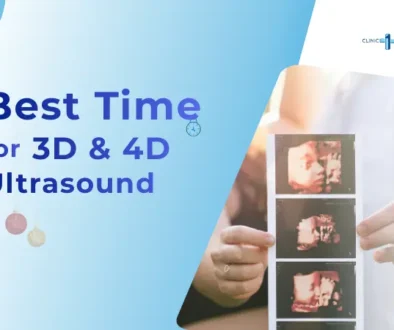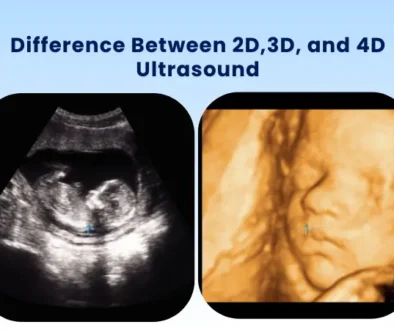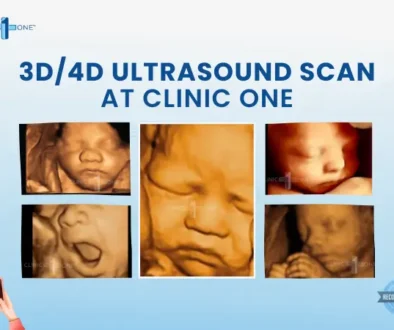Jaundice: Symptoms, Causes, Risk Factors, and Treatment in Nepal

Last updated on December 23rd, 2025 at 02:02 pm
Jaundice is a condition seen in human being in which the skin, sclera (white of the eyes), and mucous membranes turns to yellow.
The fluid of the body may also turn yellow, during this period.
The yellow color is caused by the high level or increased amount of bilirubin which is a yellow-orange bile pigment. Bile is a fluid that is secreted by the liver whereas; bilirubin is formed by the breakdown of red blood cells.
Jaundice is a symbol of a cycle of illness that underlies it. However, jaundice can occur to people of all ages and is generally the outcome of an underlying condition. Jaundice usually points to a liver or bile duct infection.
Fast Facts on Jaundice
- Bilirubin is a waste material that is found in the blood.
- An inflamed liver or obstructed bile duct can contribute to jaundice, as well as other conditions underlying it.
- Jaundice diagnosis may require a number of tests.
What are the symptoms of Jaundice?
Some of the common symptoms of jaundice include:
- Dark urine
- Pale stools
- Itchiness
- Change in skin color (normally starting from the head and spreading down the body)
Jaundice symptoms resulting from low levels of bilirubin include:
- Fever
- Abdominal pain
- Fatigue
- Weight loss
- Vomiting
What are the causes of Jaundice?
Jaundice can be produced by a problem in any of the three stages in bilirubin production.
Due to increased levels of bilirubin, you may have unconjugated Jaundice, this happens before the production of bilirubin.
- Reabsorption of a large hematoma.
- Hemolytic anemias.
During the production period of bilirubin, jaundice can be caused by:
- Viruses such as Hepatitis A, chronic Hepatitis B and C, and Epstein-Barr virus infection.
- Autoimmune disorders
- Alcohol
- Rare genetic metabolic defects
- Medicines such as penicillin, oral contraceptives, chlorpromazine, and estrogenic or anabolic steroids.
After bilirubin is produced, obstruction (blockage) of the bile ducts may cause jaundice.
- Gallstones
- Gallbladder cancer
- Pancreatic tumor
- Inflammation (swelling) of the gallbladder
What are the risk factors of Jaundice?
Jaundice most often occurs as an outcome of a disorder that causes too much production bilirubin or prevents the liver from its disposal. Both of these results in bilirubin gets deposited in tissues.
Underlying conditions that may lead to jaundice include:
- Acute inflammation of the liver: This may hinder the liver’s ability to conjugate and secrete bilirubin, contributing to an accumulation.
- Inflammation of the bile duct: This hinders the liver’s capacity to conjugate and conjugate and secretes bilirubin, contributing to an accumulation.
- Obstruction in the bile duct: It prevents the liver from disposing of bilirubin.
- Hemolytic anemia: When the red blood cells are broken down the production of bilirubin increases in large quantities.
- Gilbert’s syndrome: This is an inherited condition which impairs the ability of enzymes to process the excretion of bile.
- Cholestasis: This interfere the flow of bile from the liver. The bile that includes conjugated bilirubin remains in the liver instead of being excreted.
Uncommon conditions which may contribute to jaundice include:
- Crigler-Najjar Syndrome: It is a hereditary condition that impairs the specific enzyme responsible for bilirubin process.
- Dubin-Johnson syndrome: It is an inherited cause of persistent jaundice, blocking the release of conjugated bilirubin from the liver cells.
What are the treatments for Jaundice?
Jaundice treatment targets the cause primarily. The following treatments are used.
- Antiviral or steroid medications are required for Hepatitis-induced jaundice.
- Doctors can surgically remove the obstruction for the treatment of obstruction-jaundice.
- In case the jaundice is caused by the use of medication, treatment involves the changing of alternative medication.
- Anemia-induced jaundice can be managed by either taking iron supplements or consuming more iron-rich blood iron levels.
Schedule your appointment today at Clinic One: 015400400 | 9863393960



August 24, 2020 @ 6:00 pm
I know someone with black jaundice.